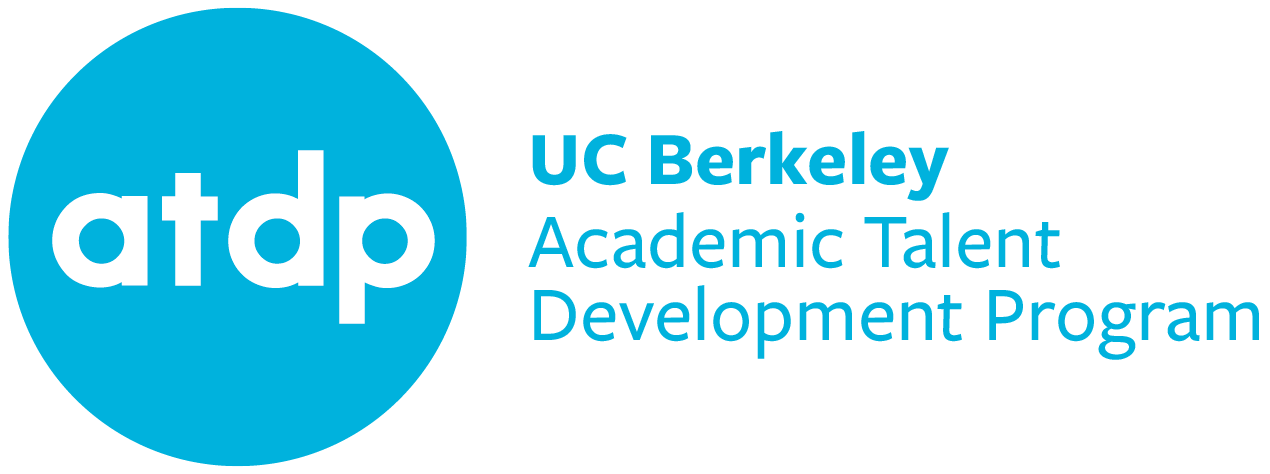By: Christine Gerchow, PhD
In his book, “Failing Forward,” John Maxwell argues that successful people take a specific approach to failure. They tend to take responsibility, learn from mistakes, understand that failure is part of the learning process, and continue to take risks and persevere. Maxwell calls this approach “failing forward.” At ATDP, students who fail forward might return to take another writing class despite earning a “No Pass” in the previous summer’s writing class. These students may have reflected on the reasons for earning a “No Pass” and considered how the experience made them better writers.
Unfortunately, some people fail backward. Those who fail backward tend to blame others, expect to continue failing, give up easily, and identify themselves as failures. At ATDP, students failing backward may hastily drop a class after earning a low grade or instinctively blame their teacher or TA for their difficulties.
Activity: Think about a recent setback of failure you experienced? Did you fail backward or forward? How do you know?
John Maxwell described the acts of failing forward and failing backward. In related fashion, psychologist and professor Carol Dweck, in her book “Mindset,” described the mentalities or mindsets of people who experience success and difficulty.
Carol Dweck argues that mindset makes all the difference when it comes to success. Dweck describes two types of mindsets: growth mindset and fixed mindset. In a fixed mindset, people believe their basic qualities, like intelligence or talent, are fixed traits. They believe talent creates success without effort. People with a fixed mindset might say things such as, “I knew I wasn’t good at math” or “I failed the first writing assignment so I will have to drop the course. I knew it all along, I’m not a good writer.”
People with a growth mindset think differently. These people believe that their most basic abilities can be developed through hard work, persistence, and dedication. They believe that brains and talent are just a starting point for success. Not surprisingly, people with a growth mindset enjoy learning and demonstrate resilience in the face of challenge or failure. At ATDP, a student with a growth mindset might say, “I failed the first two geometry tests. I won’t get credit for the class anymore, but I am going to learn as much as I can over the next few weeks anyway. I am developing math skills for the future.”
Activity: When it comes to academics, do you have a growth mindset or a fixed mindset? What about your mindset as it relates to other areas of your life?
At some point most of us have heard that the difference between average people and achieving people is their perception of and response to failure. I couldn’t agree more. And with Maxwell and Dweck’s philosophies and frameworks, all of us can learn how to perceive and respond to failure more adaptively.
It is easy for me to share observations about failure without disclosing my own failings. I’ve had many! Freshman year business calculus and my first paper as a doctoral student (make that my first few few papers!) are two that come to mind. I’ve also faced significant challenges in my life, the biggest of all being my battle with vasculitis, an autoimmune disease that affects the small, medium, and large blood vessels. Vasculitis took so much from me including admissions offers to Stanford, Penn, and other “sought after” schools, a job in the banking sector, and an opportunity to live in New York after graduating from college. Those losses were difficult but they were nothing compared to losing my independence for six years as I required home health assistance and endured hospitalizations and aggressive experimental treatments. Despite taking away so much, vasculitis also provided me with opportunities to learn. I learned first hand that life is not fair. I learned about gratitude, not just the kind you think about, but the kind you feel deeply in your heart. I learned about toughness, mental and physical. And I learned about humility as one often does when dependent on others for most activities of daily living! Thankfully, I am now on treatment although I still have unpleasant flare-ups at least once every eight weeks.
In final reflection, I am indescribably grateful to have had a “second chance” to live. The gratitude I have for living helps me to handle other difficulties or failings in my life, be they academic, professional or personal. I constantly remind myself to be thankful for the opportunities I have and, when things don’t go as hoped, I try to fail forward and with a growth mindset. I often ask,
“What was my part in it?”
“How could I have contributed more effectively?”
“Who can I talk to or what can I read to learn how to handle this more effectively/understand this the way I need to?”
I am a work in progress!
